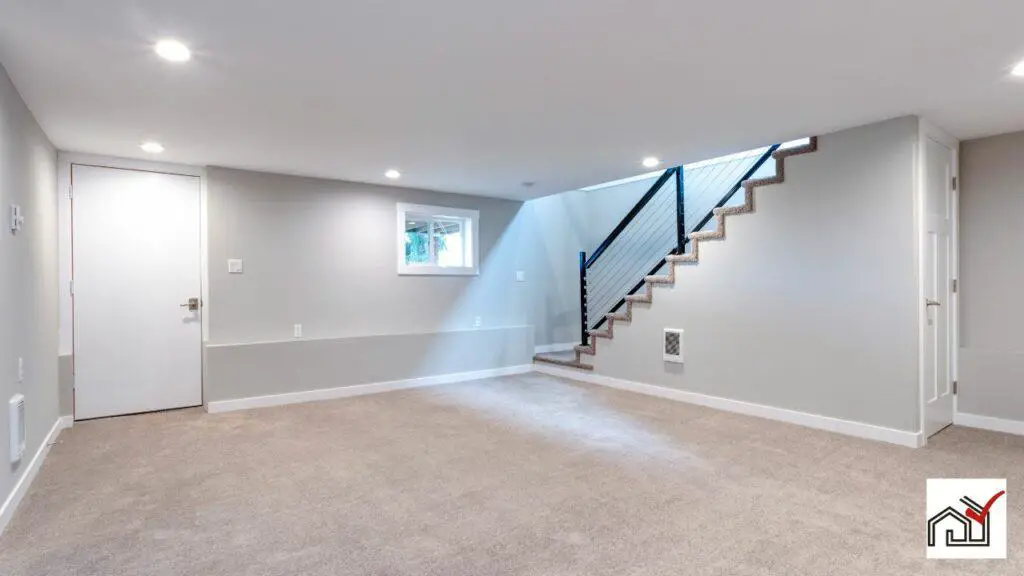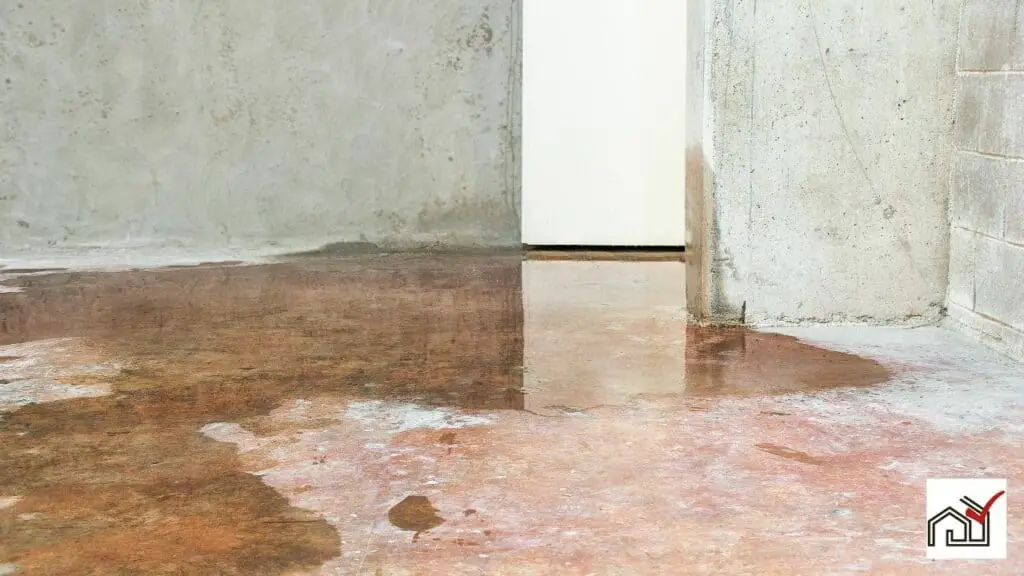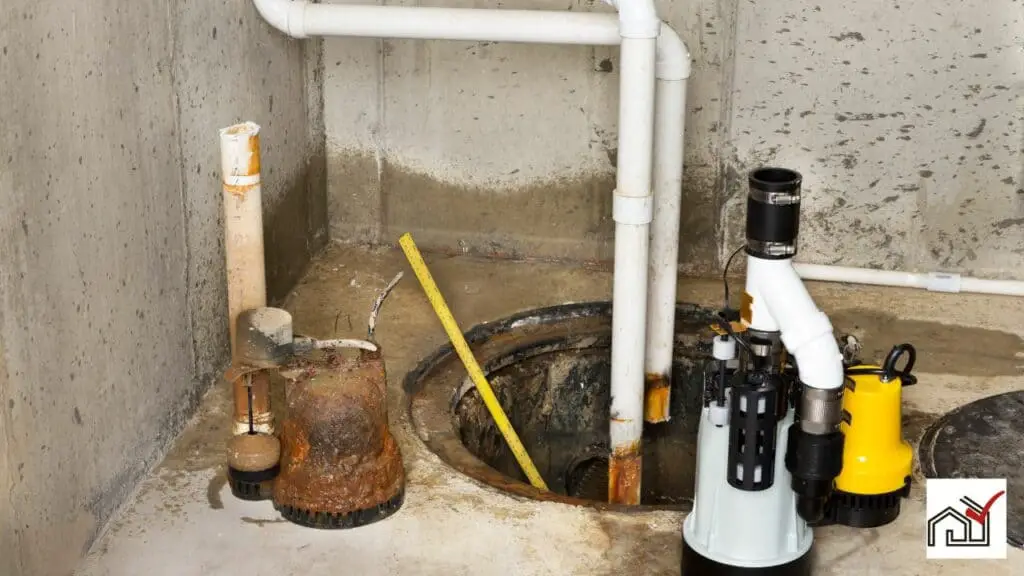Basement windows are vulnerable due to their location and privacy. To secure them, homeowners should first check for weaknesses like old locks or thin glass. Upgrading to stronger glass and better locks can make forced entry harder.
Security bars or grates act as a deterrent. Adding alarms and cameras creates extra security layers. Good exterior lighting can also prevent break-ins.
These measures together strengthen basement window security.
Assessing Basement Window Vulnerability
To enhance your home's security, start by evaluating your basement windows. These windows are often neglected in security planning but can be an access point for burglars. Check the type and condition of your basement windows to determine their security level.
Older windows, especially those hidden from view, are more susceptible to being broken or forced open. Inspect the locks on your basement windows to see if they are strong enough to prevent forced entry. Simple latches may not be secure enough, and you might need to install better locks that are made for basement windows.
Also, check the window panes for strength. Consider using reinforced glass or installing window bars to prevent break-ins. To prevent intruders from seeing inside your basement, cover the windows or use frosted film. This increases privacy and reduces the risk of a break-in.
Adding window sensors to your home security system can warn you of any unauthorized attempts to open or break your basement windows. These steps together will strengthen your basement window security.
Installing Adequate Lighting
Proper lighting is key for basement window security. It deters potential burglars by increasing the likelihood of detection. To enhance security, it's recommended to install lights around the house's perimeter, focusing on basement windows and wells to reveal any suspicious activities.
Solar-powered motion-sensing lights are effective for security without increasing energy costs. These lights activate upon detecting movement, saving energy and deterring intruders. They also help security cameras by triggering them to record when unexpected illumination occurs.
Motion sensor lights that are wireless are easy to install and can be placed flexibly around the basement area. They do not require complex wiring, allowing placement far from power sources for better coverage of potential entry points.
For a cost-effective option, window sensors are useful. They can be attached to basement windows and connected to a mobile app, which sends alerts if there is movement or tampering. This allows homeowners to be promptly informed of any irregular activities around their basement windows, ensuring a sense of security.
Upgrading to Reinforced Glass
Homeowners seeking to improve basement window security can opt for reinforced glass, which is tougher to break and holds together when struck, rather than shattering. This enhances the home's defense against break-ins. Reinforced glass works well with other security measures like window bars, offering additional unseen resistance to physical break-ins.
For added security without replacing windows, homeowners can apply shatterproof security film to existing windows. This film strengthens the glass and is more difficult to penetrate than regular glass, though it is not as strong as reinforced glass.
Implementing Window Locks
After upgrading to reinforced glass, it is important to secure basement windows with strong locks to prevent break-ins. Installing hinged wedge locks or sash locks can greatly improve window security. These locks act as a tough physical barrier, making it harder for an intruder to enter.
Adding locks to basement windows significantly boosts a home's security. The locks are designed to withstand forced entry, making it more challenging for intruders to penetrate these windows. This is an essential and effective step in keeping a home secure.
Window sensors can also be incorporated into home security systems for added protection. When a window is opened or broken, these sensors trigger an alarm, alerting homeowners and deterring burglars. Combining physical locks with electronic sensors creates a strong defense against break-ins.
For optimal security, homeowners should use window locks that work with their home security systems. This allows for centralized monitoring and better coordination of security measures.
Adding Security Bars and Grates
Installing security bars and grates on basement windows increases home protection against break-ins. These barriers are important for a complete home security setup, particularly for large windows that might allow access. It is recommended to install bars and grates inside to maintain the home's external look while still offering strong security.
Security bars and grates can be styled to match the house's design, adding a decorative element while preserving aesthetics. They should not block natural light or interfere with window wells, ensuring the basement remains well-lit and safe.
For safety, these bars and grates need to include a quick-release feature for emergencies, allowing them to be easily opened from the inside in case of a fire or other urgent situations.
Additionally, integrating motion-sensor lighting near basement windows can further deter intruders and enhance security. These lights can alert homeowners to activity and help prevent attempts to break through the bars and grates.
Integrating Alarm Systems
Integrating an alarm system increases basement window security by detecting unauthorized entries. Homes without security systems are three times more likely to be burglarized. Window sensors, commonly included in home security systems, add a key security layer for basement windows.
When adding alarm systems, choose compatible products with the home's existing security setup. Modern alarm systems often feature motion detectors and magnetic switches. These not only help prevent intrusions but also provide a safe exit from the basement during emergencies, highlighting the importance of balanced security and safety.
Homeowners without window alarms should consider purchasing them as part of an overall security strategy. The investment in these systems can be justified by the potential cost savings from preventing break-ins and the need to replace damaged property. A comprehensive alarm system is a key component of a secure property.
Positioning Security Cameras
Security cameras enhance a home's protection when placed near basement windows. They deter burglars by increasing the chance of detection. To maximize coverage, install cameras high up with a clear view of the area. Select models with motion detection and night vision to record in all lighting conditions.
Integrate cameras with a home security system to monitor in real time and receive alerts. Store footage securely for personal security use. Visible cameras can prevent crime by signaling to potential intruders that they may be recorded.
For additional security, use wireless cameras with motion sensors that record upon detecting movement. The aim is to prevent break-ins by making the home less attractive to burglars. Proper camera placement can greatly improve basement window security.





